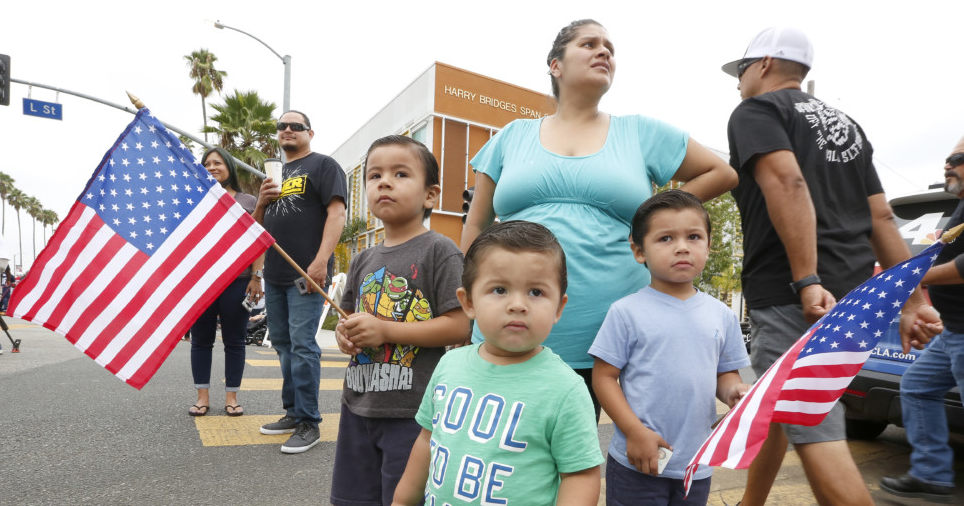
In October, the Department of Homeland Security (DHS) posted proposed changes to the long-standing "Public Charge" policy in the federal register — changes that would force immigrants who are lawfully in this country to choose between accepting essential public services or getting a green card.
The "Public Charge" is a test used by immigration officials to identify people who may depend on government benefits as their main source of support, and therefore be denied a green card.
Right now, only cash assistance and long-term health care are considered in determining whether someone might become a public charge. But DHS wants Medicaid, food stamps, Medicare Part D subsidies and housing assistance to also be considered.
L.A. Care has estimated that 170,000+ of its members could be directly impacted. We wanted to help our providers communicate accurately about the proposed changes, since there are already reports that immigrants currently eligible for such benefits are not accessing them for fear of losing their chance at becoming a permanent legal resident.
L.A. Care hosted a provider webinar presented by Neighborhood Legal Services on December 7, 2018. More than 220 people registered for the event, which offered a thorough overview of the current Public Charge Rule, the proposed changes, and the potential impact on L.A. Care members and others.
Providers learned how best to answer member questions, and where to direct members for more information and legal advice. At the same time, the webinar explained that the public charge rule has not changed yet, and members should continue to see providers and access benefits. You can access information from the webinar below:
Public Charge Legal Service Providers
The webinar was held on the same day that L.A. Care CEO John Baackes submitted a public comment, on behalf of the company, to the Federal Register on the proposed changes. In the letter, Baackes expressed concern about poor health outcomes as a result of any rule change. He strongly urged the Department of Homeland Security to withdraw the proposed rule, and at a minimum, to removed Medicaid from the proposal.